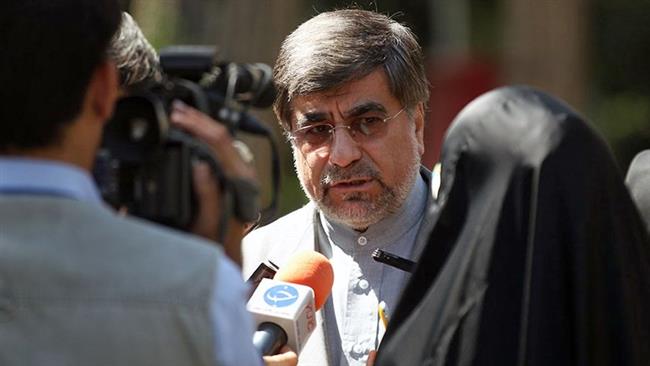
RNA – Iran says it will not send pilgrims to Hajj this year because Saudi Arabia is refusing to cooperate on arrangements for Iranians to join the annual rituals in September.
“Conditions are not prepared for conducting Hajj; we have lost the time; we made our utmost effort but the sabotage is coming from the Saudis,” Minister of Culture and Islamic Guidance Ali Jannati said on Thursday.
An Iranian delegation held four days of talks in Saudi Arabia last month aimed at thrashing out a deal, but with Saudi diplomatic missions in Iran closed since January and Iranian flights to the kingdom halted they hit deadlock.
Saudi Arabia cut diplomatic ties with Iran on January 3 following attacks on vacant Saudi diplomatic perimeters in Tehran and Mashhad by angry people protesting the kingdom’s execution of prominent Shi’a cleric Nimr al-Nimr.
Jannati said the Saudis had mistreated Iranian delegates headed by chairman of Iran’s Hajj and Pilgrimage Organization, Sa’id Ohadi, subjecting them to finger-printing among other hostile measures.
“Their attitude was cold and inappropriate. They did not accept our proposals concerning the issuing of visas, the transport and security of the pilgrims,” Jannati said.
“Saudi officials have made no promises regarding visa and say our pilgrims must travel to a third country to get visa,” the minister added.
On Wednesday, Iran’s Foreign Ministry Spokesman Hoseyn Jaberi-Ansari advised Riyadh against letting its political preferences affect the important Islamic tradition.
Jaberi-Ansari said the Saudi government has refused to act on “its recurrent assertions that it would not let political disputes get in the way of the issue of Hajj.”
Iran has been insisting that Saudi Arabia issue visas through the Swiss embassy in Tehran, which has looked after Saudi interests since Riyadh broke off ties in January.
Tehran has said it is ready to swiftly issue visas for Saudi visa officers to perform the procedure at the Swiss diplomatic mission or elsewhere in Tehran, according to Jaberi-Ansari.
Saudi Arabia has also insisted that third-country airlines have to transport the pilgrims, while the two countries would previously each share half of the responsibility for the air travels.
“Saudi officials say our pilgrims must travel to another country to make their visa applications,” Jannati said.
Another contentious issue has been security, after a massive stampede at last year’s Hajj killed more than 2,400 foreign pilgrims, including 464 Iranians.
The crush took place on September 24, 2015, after two large masses of pilgrims converged at a crossroads in Mina, near Mecca, during the symbolic ceremony of the stoning of Satan in Jamarat.
R111/112/C